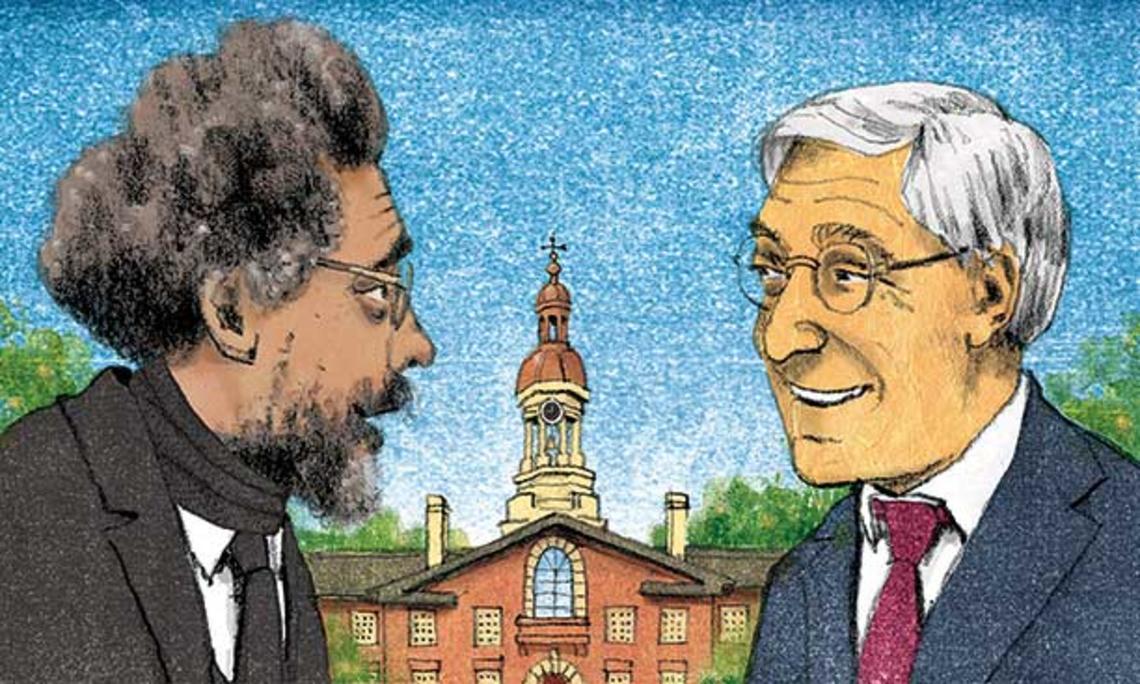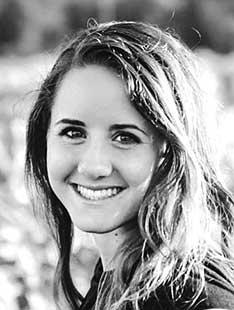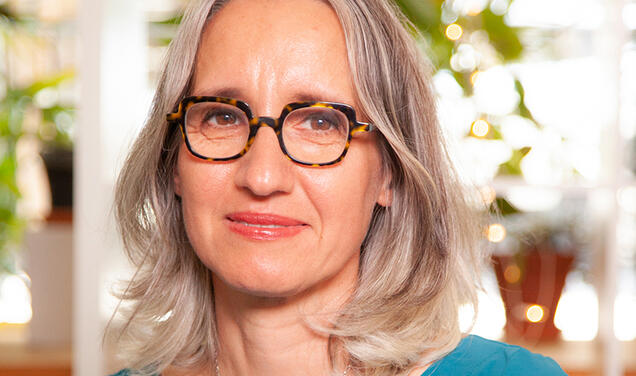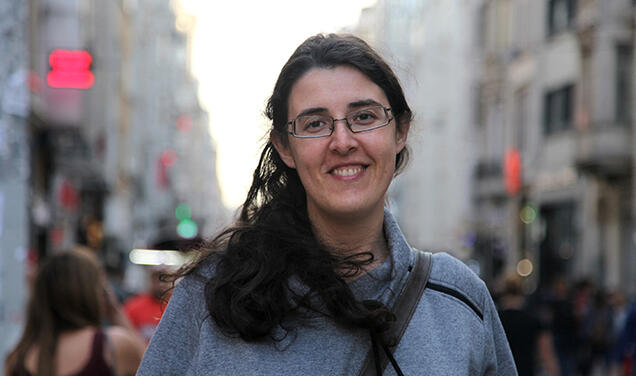

When professors Robert P. George and Cornel West *80 arrived at McCosh Hall on a Friday evening in October, the campus was awash with parents wearing orange visitors’ lanyards. The professors’ dialogue was one of many events open to the families of first-year students as a part of parents’ weekend. While most were concerned with the particulars of Princeton life — tours of the library, dinners in the dining halls — West and George’s conversation focused, instead, on the high-minded abstract: the “truth-seeking” mission of Princeton and other liberal-arts universities.
George, a conservative, and West, a progressive, argued that a truth-seeking ethos should animate the best practices of a liberal arts-university: active learning, intense self-examination, and the kind of civil debate for which the two are famous. When guided by it, students would not only gain knowledge but better understand themselves, “learning how to die” (as West put it) and leading “an examined life” (as George put it). They would learn how to stand up for their convictions and when to change their minds.
After an audience member asked about the personal sacrifices they’ve made for their beliefs, the two professors’ answers reflected those practices. West has been to jail nine times for political causes; George, after encountering conservative ideas in college, reconsidered the beliefs instilled in him by his “hard-core Democratic family.”
The well-known professors have given voice to many of these arguments on different stages and in the freshman seminars they co-taught before West left the University in 2010. But their message had a particular resonance at Princeton on the night of their talk. They noted the historical moment (“a vast moral and spiritual meltdown,” West said) and the polarized political climate. The atmosphere on campus was charged, too, with a new marker rekindling the debate over Woodrow Wilson 1879.
And “truth-seeking” is a theme that President Eisgruber ’83, who introduced the professors, has been threading through his campus speeches for the past several years. In his remarks that night, he said the “radical, disruptive, thrilling, and demanding” practice of truth-seeking “resides at the heart of the University.”
George and West agreed with him, and all three spoke about the work of recent Nobel laureate and professor emeritus James Peebles *62 to make their point. The physics professor had spent years attempting to disprove his own theory in order to advance his understanding of the cosmos. To Eisgruber, George, and West, his open-minded humility characterizes the essential spirit of searching for truth.










No responses yet